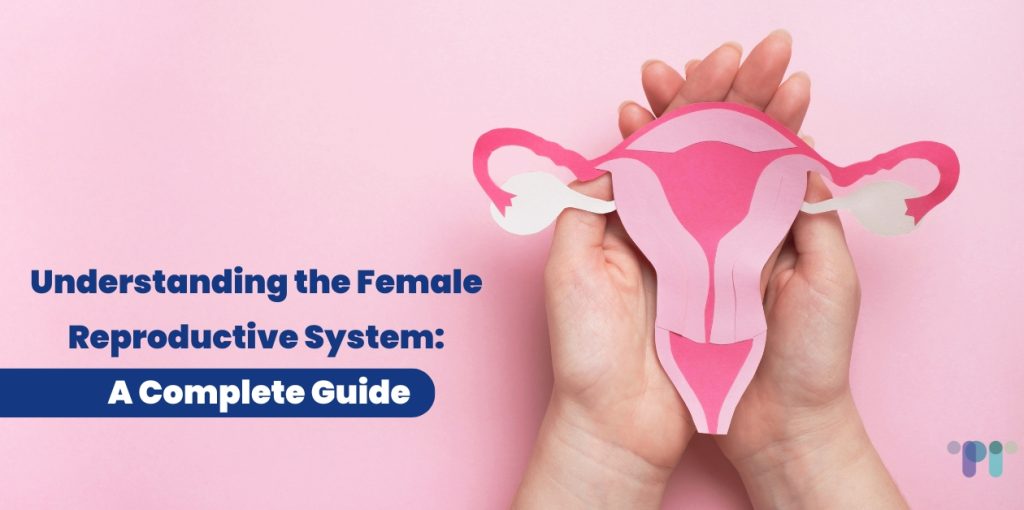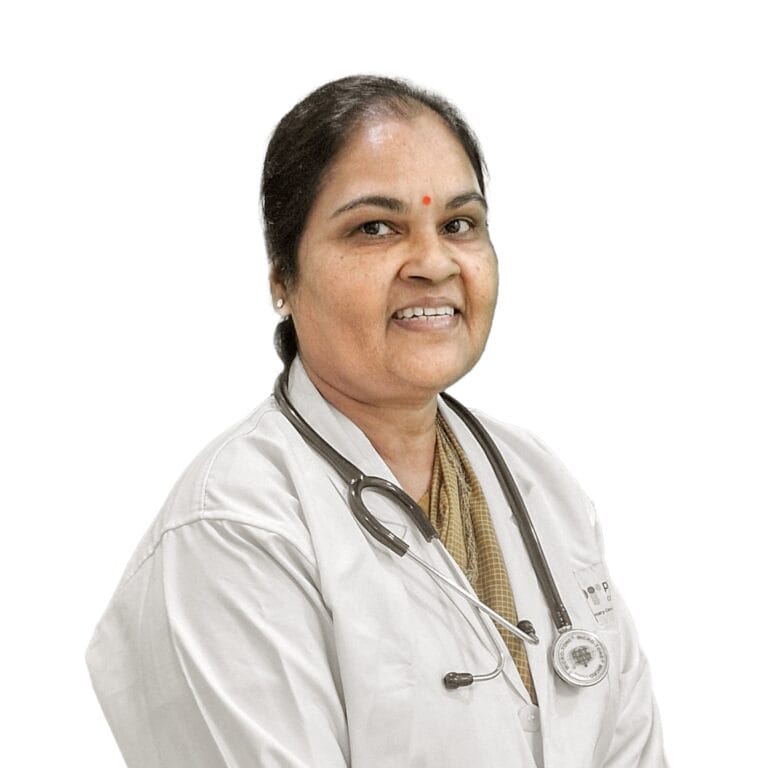Understanding the Female Reproductive System: A Complete Guide

The female reproductive system plays a vital role in human life, responsible for reproduction, hormone production, and overall health. Understanding this system is essential for women’s health, and it can empower women to make informed decisions about their reproductive care. In this guide, we’ll break down the components of the female reproductive system and common concerns, as well as provide expert insights into gynaecological care.
The Basics of the Female Reproductive System
The female reproductive system includes both external and internal organs that work together to enable reproduction. These organs are designed to support menstruation, pregnancy, and childbirth.
External Female Reproductive Organs
- Vulva: The vulva is the external genital area that includes the labia, clitoris, and vaginal opening. It’s the body’s first line of defense against infection.
- Vagina: A muscular canal that connects the uterus to the outside of the body, the vagina also serves as the passageway for menstrual flow, intercourse, and childbirth.
Internal Female Reproductive Organs
- Uterus: The uterus is a hollow, pear-shaped organ where a fertilized egg implants and grows into a fetus. The lining of the uterus, known as the endometrium, thickens each month in preparation for pregnancy.
- Ovaries: The ovaries are two almond-shaped organs that produce eggs (ova) and hormones such as estrogen and progesterone. They play a crucial role in menstrual cycles and fertility.
- Fallopian Tubes: These tubes connect the ovaries to the uterus. They are the site where fertilization typically occurs.
The Menstrual Cycle and Fertility
A woman’s menstrual cycle is a natural process that typically lasts 28 days but can vary from 21 to 35 days. The cycle is controlled by a series of hormonal changes that prepare the body for pregnancy.
- Ovulation: Midway through the cycle, an egg is released from the ovary in a process known as ovulation. This egg travels through the fallopian tube where it can be fertilized by sperm.
- Menstruation: If fertilization does not occur, the uterus sheds its lining, resulting in menstruation. This marks the end of the cycle and the beginning of a new one.
Common Conditions and Concerns
Understanding common gynecological issues is important for maintaining reproductive health. Here are some of the most common conditions that women may face:
- Polycystic Ovary Syndrome (PCOS): A hormonal disorder affecting women of reproductive age. It can cause irregular periods, excess androgen, and polycystic ovaries.
- Endometriosis: A painful condition where tissue similar to the uterine lining grows outside the uterus, often leading to infertility and chronic pain.
- Fibroids: Non-cancerous growths in the uterus that can cause heavy bleeding, pelvic pain, and complications during pregnancy.
- Pelvic Inflammatory Disease (PID): An infection of the female reproductive organs that can cause infertility if left untreated.
Importance of Regular Gynecological Check-Ups
Regular visits to a gynecologist are essential for maintaining the health of the female reproductive system. A gynecologist is a medical expert who specializes in the diagnosis and treatment of the female reproductive system. Here are some reasons why regular gynecological check-ups are crucial:
- Early Detection of Health Issues: Gynecologists can detect early signs of common conditions such as ovarian cysts, fibroids, and cancer.
- Fertility Assessments: If you’re planning to conceive, a gynecologist can evaluate your fertility and help with family planning.
- Preventative Care: Routine screenings, such as Pap smears, can help detect early signs of cervical cancer.
- Sexual Health: A gynecologist can offer advice on sexual health, contraception options, and address concerns about sexually transmitted infections (STIs)
Tips for Maintaining a Healthy Reproductive System
Taking care of your reproductive system is crucial for long-term health. Here are some tips to help maintain optimal reproductive health:
- Practice Safe Sex: Use protection to prevent sexually transmitted infections (STIs).
- Maintain a Healthy Diet: Eating a balanced diet rich in vitamins and minerals supports hormonal balance and overall reproductive health.
- Exercise Regularly: Regular physical activity can help regulate hormones and improve menstrual cycles.
- Manage Stress: Chronic stress can disrupt hormonal balance and affect fertility. Incorporate relaxation techniques such as yoga or meditation.
- Visit a Gynecologist Regularly: Schedule annual check-ups with your gynecologist for early detection of health issues.
Conclusion
Understanding the female reproductive system is essential for maintaining overall health and well-being. Whether you are looking to prevent health issues, plan a family, or maintain good reproductive health, seeing a gynaecologist regularly and staying informed is key. At Pi Health Hospital, our expert team of gynaecologists is dedicated to providing comprehensive care tailored to your needs. We offer a range of services, including fertility assessments, routine check-ups, and treatment for various gynaecological conditions. If you have concerns about your reproductive health or need expert advice, don’t hesitate to book an appointment with one of our experienced gynaecologists. We’re here to guide you through every stage of life with personalized care.
About Author
Dr. Sarada Kaki
MBBS, MD – Obstetrics & Gynaecology, DGO, MRCOG (UK)
Dr. Sarada Kaki is a highly experienced Gynecologist and Obstetrician, currently practicing at PI Health Cancer Hospital, Gachibowli, Hyderabad. With over 40 years of expertise, she offers comprehensive care in obstetrics and gynecology.She completed her MBBS from Nagarjuna University in 1984 and earned her MD in Obstetrics & Gynaecology from Andhra University in 1987.Dr. Sarada provides a range of specialized services including Pre and Post Delivery Care, Embryo Donor Programs, Pap Smear tests, Lamaze Classes, and Medical Termination of Pregnancy (MTP), ensuring personalized and compassionate care for women at all stages.He is dedicated to offering personalized treatment plans that are tailored to each patient’s unique needs, ensuring optimal outcomes and quality of life.

